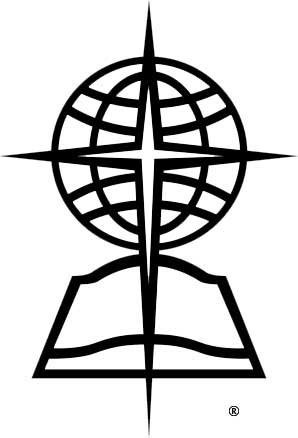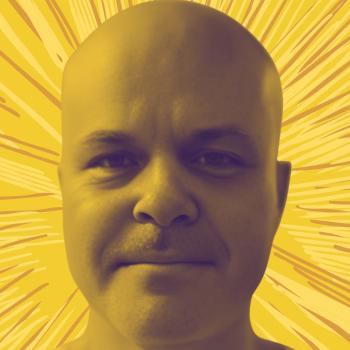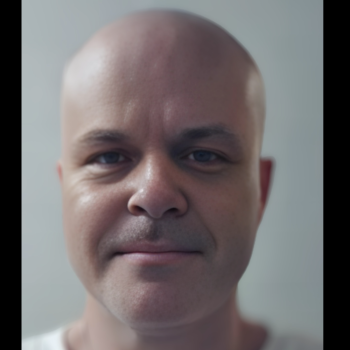I am a Southern Baptist. Though I am also affiliated with the Alliance of Baptists and much more inclusive and progressive in my theology than the majority of Southern Baptists, I don’t run from the label. To discard the label of Southern Baptist would be to discard who I am. I am a Baptist from the South. I was brought up, educated and ordained by Southern Baptists. Like many of you, this will always be a reality for me.
A few short weeks ago, I joined fellow progressive evangelicals to advocate for full celebration of all people at the Ethics and Religious Liberty Commission of the Southern Baptist Convention’s multi-day conference, “The Gospel, Homosexuality and the Future of Marriage.” The event consisted of breakout sessions, plenary addresses and panels providing instructions on how to interact with a rapidly changing culture that is often unsympathetic to the views of most Southern Baptists. I currently work at the Cathedral of Hope United Church of Christ in Dallas — the largest LGBT church in the world. Before I traveled to the conference, I asked members of our congregation to stand if they felt historically abused or mistreated by Southern Baptists. Hundreds and hundreds and hundreds of people stood to give witness to the many theological and spiritual atrocities they had experienced. I promised to take their stories with me to the conference in Nashville. While I was standing next to the door as people exited our church, person after person came up to me to tell me their stories:
“I graduated from Southwestern Baptists Theological Seminary and came out many years later. I lived my life terrified that someone would find out…don’t forget my story.”
“I finished my education at Truett-McConnell College and came out this year. I felt so uncomfortable there.”
“I am a graduate of Midwestern Baptist Theological Seminary and was a man at the time of my graduation. No one knew what I was dealing with.”
The stories were endless. With a heavy heart, I jumped in the car and started the long drive.
Expecting the worse, I braced my being for substantial confrontation. From the time I started at the Southern Baptist Theological Seminary in 2007 to the time I graduated in 2009, all I could remember hearing were vile and toxic remarks about gay people. As someone who felt attraction to both men and women, I remember feeling the sting of such comments regularly. Expecting to hear more of the same, I was surprised that there were people who were actually ready to talk in a loving way. I realized that the times truly have changed. On Monday morning of the conference, I participated in a press conference hosted by the Association of Welcoming and Affirming Baptists. From the stage, I declared what I have long recognized, “I know more closeted Southern Baptist pastors than I do straight ones.” The number of closeted Southern Baptist pastors out there is one of the biggest family secrets. Many people came out to me while I was at SBTS and continue to serve Southern Baptist churches. Later that day, I participated in a courteous conversation with evangelical and Southern Baptist leadership about trying to find a way forward. From pastors and leaders of some of the largest ministries in the Southern Baptist Convention, I heard a real desire to listen, learn and try to love. Many will find these words unbelievable. I did too — until I experienced them.
Late Tuesday, I experienced an angry public confrontation with a former colleague from SBTS. In a tone very close to a shout, I was told that I was going to hell and experienced all other sorts of condemnations and belittlements. In that moment I realized I had a choice. The events earlier in the day also weighed heavily on my mind. Russell Moore, president of the Ethics and Religious Liberty Commission, had condemned reparative therapy as harmful. Glenn Stanton of Focus on the Family had declared that we should just love people and not love people for the purpose of getting them saved. While these statements might not sound all that radical to you, coming from my former context, they were revolutionary for me. Would I listen to the vile statements made by my former colleague and others that were uttered more publicly or would I cling to the moments and statements where my attempt to engage my enemies in love seemed to make my enemies something closer to friends? I chose love. However, the choice is not just mine to make. The choice is ours. In order to live out the love of God, will we decide to follow Jesus back into the temples that almost killed us? I did, and experienced Jesus more deeply there.
Amen.













